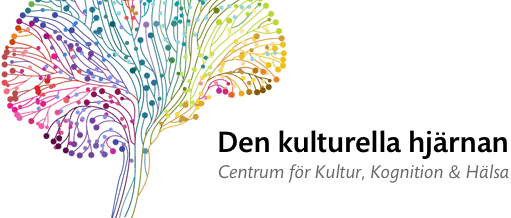En artikel som beskriver varför det finns goda skäl att tro att känslornas och det sociala samspelets neurobiologi spelar stor roll för inlärning, och att det därför är viktigt att undersöka detta närmare. (Av Mary Helen Immordino-Yang, Andrea McColl, Hanna Damasio, och Antonio Damasio, 2007.)
Titel: We Feel, Therefore We Learn: The Relevance of Affective and Social Neuroscience to Education
Författare: Immordino-Yang, Mary Helen; McColl, Andrea; Damasio, Hanna; Damasio, Antonio
Publikation:
Volym: 1
Nummer: 1
Sidor: 3-10
Publicerad: 2007
Sammandrag: Recent advances in neuroscience are highlighting connections between emotion, social functioning, and decision making that have the potential to revolutionize our understanding of the role of affect in education. In particular, the neurobiological evidence suggests that the aspects of cognition that we recruit most heavily in schools, namely learning, attention, memory, decision making, and social functioning, are both profoundly affected by and subsumed within the processes of emotion; we call these aspects emotional thought. Moreover, the evidence from brain-damaged patients suggests the hypothesis that emotion-related processes are required for skills and knowledge to be transferred from the structured school environment to real-world decision making because they provide an emotional rudder to guide judgment and action. Taken together, the evidence we present sketches an account of the neurobiological underpinnings of morality, creativity, and culture, all topics of critical importance to education. Our hope is that a better understanding of the neurobiological relationships between these constructs will provide a new basis for innovation in the design of learning environments.
Länk till original: http://dx.doi.org/10.1111/j.1751-228X.2007.00004.x

